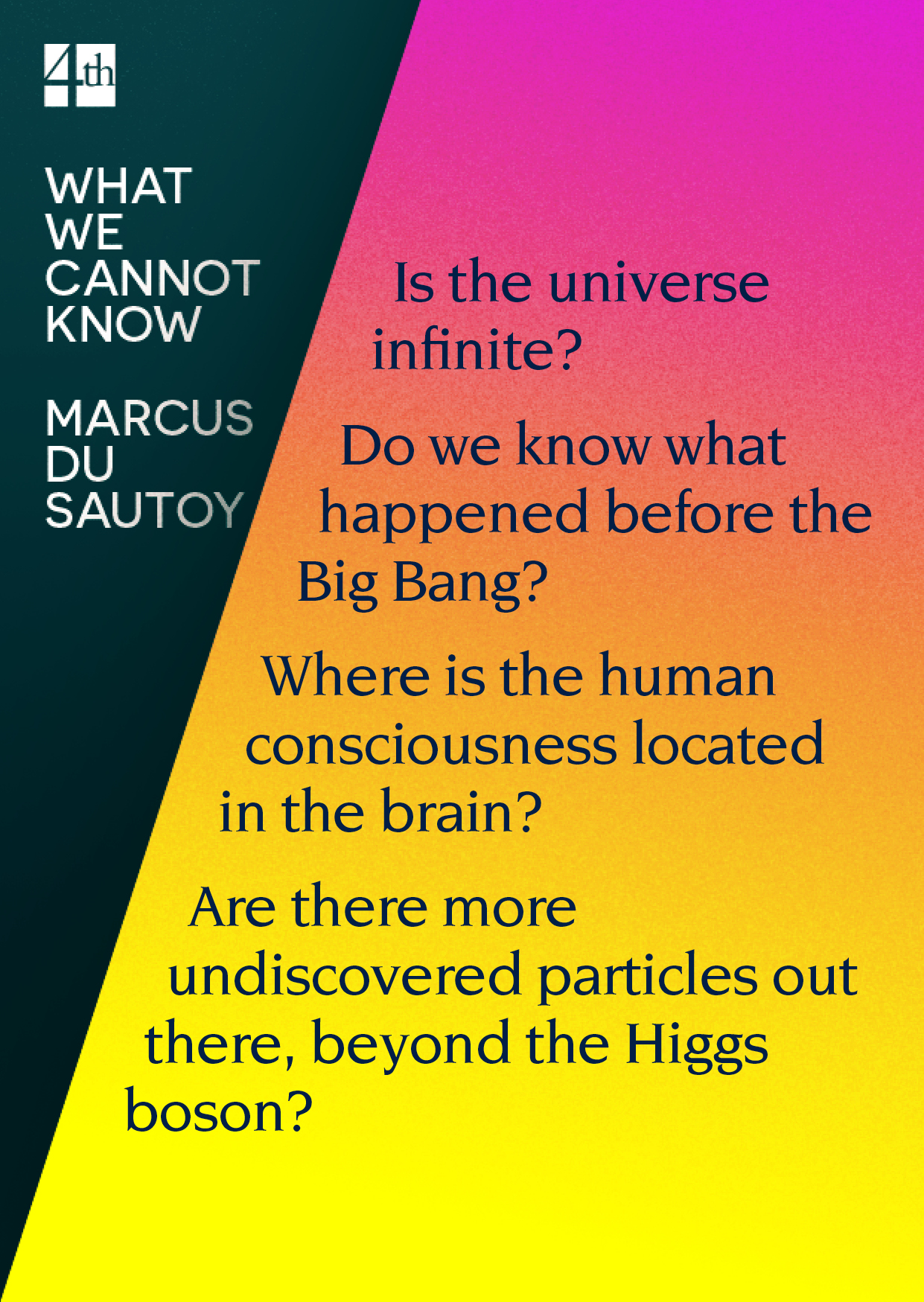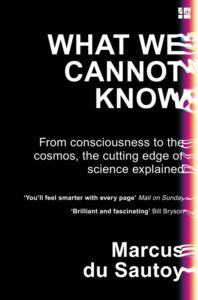We know so much. Every time you open the newspapers we seem to have solved another great mystery about the universe. The discovery of another fundamental particle in the LHC. The measurement of gravitational waves rippling through the universe. The identification of genes related to deadly diseases.
But could there come a moment when we know it all? Could we eventually arrive at a theory of everything? Or are there questions about the universe that will always remain unanswered?
This is the quest I’ve been on in my new book What We Cannot Know. For the last three years I’ve been trying to understand whether there are limits to what science can know. Are there any questions in science that by their very nature we will never be able to answer? Perhaps there are none. Surely the universe isn’t set up for humans as an exercise in the philosophy of science. But if there are limits, what are the things we cannot know?
It is always dangerous at any moment in history to try to articulate things we will never know. On my journey to the limits of knowledge I have kept in mind the story of the French scientist Auguste Comte who confidently declared in 1835 about the stars: “We shall never be able to study, by any method, their chemical composition or their mineralogical structure.” An absolutely fair statement given that you’d think that this knowledge would depend on visiting the star.
What Compte hadn’t factored in was the possibility that the star could visit us or at least photons of light emitted by the star can bring us knowledge of the chemical make-up of stars. A few decades after Comte’s prophecy scientists had determined the chemical composition of our own star the sun by analyzing the spectrum of light emitted.
But maybe there are some questions whose answers will always remain out of reach. Not just now but always, regardless of progress in knowledge. In my new book I have identified what I believe might be seven big questions of science that might always transcend the human mind. I have called these unknowns Edges. They represent the horizon beyond which we cannot see.
My journey to the edges of knowledge has taken me from the very small to the very big, from inside the atom to the edge of the universe and beyond. I have looked back to see if there was anything before the Big Bang and forward to find out if time itself might run out. I’ve looked inside my own mind to question whether I can ever know what it is that gives me the conscious experiences I have and to look inside your mind to find out if I can ever know that you might not just be a zombie doing a good impression of a conscious being.
I am accompanied on each of my seven journeys to the edge of knowledge by an object that helps me probe the question at hand. My first object for example is probably the ultimate symbol of the unknowable: a casino dice that I picked up at the craps tables in Vegas. Is the dice truly unknowable or could I apply the mathematical equations of physics to know what it’s going to do next?
As a scientist I have a somewhat schizophrenic relationship with the unknown. On the one hand I want to know it all. New knowledge is the mark of success as a scientist. And yet it is the unknown that drives us as scientists. If we knew it all science would ossify.
But what if there are questions of science that can never be resolved? It seems defeatist, even dangerous, to admit there might be any such questions. While the unknown is the driving force for doing science, the unknowable in contrast would be science’s nemesis. So it seems important to know if the expedition I’ve joined will hit boundaries beyond which we cannot proceed. Questions that won’t ever get closure.
That is the challenge I’ve set myself in this book. I want to know if there are things that by their very nature we will never know. Are there things that will always be beyond the limits of knowledge? Despite the marauding pace of scientific advances are there things that will remain beyond the reach of even the greatest scientists? Will there remain mysteries that will resist our attempts to lift the veils that currently mask our view of the universe?




